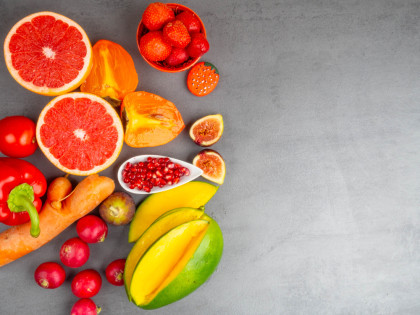June 14-20, 2021 is Men’s Health Week, a week designed to put men’s health in the spotlight and promote discussion.
So, let’s talk about it.
Fact: The average Aussie male eats 2.3 serves of vegetables each day, which is less than half of the recommended serves (5 or 6 depending on age).
How can we improve this: Increasing vegetable intake can be as simple as bulking out meals with a few extra vegetables (the more different types the better) and aiming to include some vegetables with each meal (or snack). Check out our Cauliflower, Carrot and Corn Macaroni Cheese and Beef and Vegetable Korma recipes for inspiration.
Fact: The average Aussie male consumes 36% of their daily energy intake from discretionary (or junk) foods. These are foods that are high in energy but low in nutrients, such as fried foods, processed meats, pastries and pies, biscuits, soft drinks and alcohol. This is double the recommended amount (no more than 15% of energy per day).
How can we improve this: Swapping out discretionary foods for foods from the five food groups, limiting portion sizes of discretionary foods, and cooking more meals at home are some ways to balance out your intake. Try swapping potato chips for our Quick & Easy Popcorn recipe or takeaway hot chips for our Rosemary Baked Potato Wedges.
Fact: One in five Aussie males gets the recommended 150 minutes or more of physical activity per week, and one in four does the recommended 2 or more days of muscle-strengthening activities per week. This means that about three-quarters of Aussie males aren’t getting enough physical activity.
How can we improve this: Planning to workout with mates, setting some goals around physical activity and gradually building up physical activity within your daily routine are some ways to become more active.
Fact: One in eight Aussie males will experience depression in their lifetime and one in five will experience anxiety.
How can we improve this: Keep up the conversation around mental health, and seek out support if you need it from services such as:













